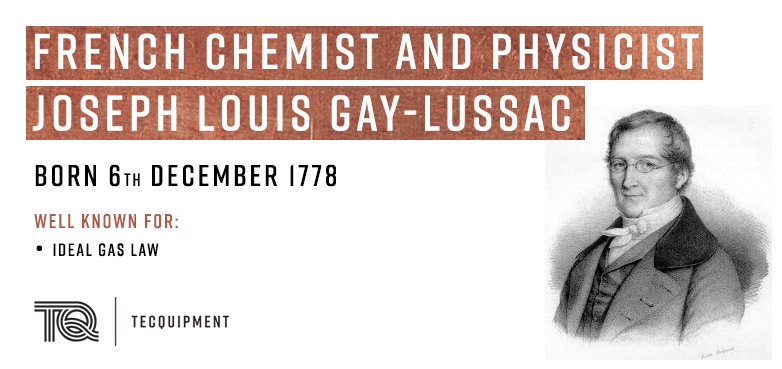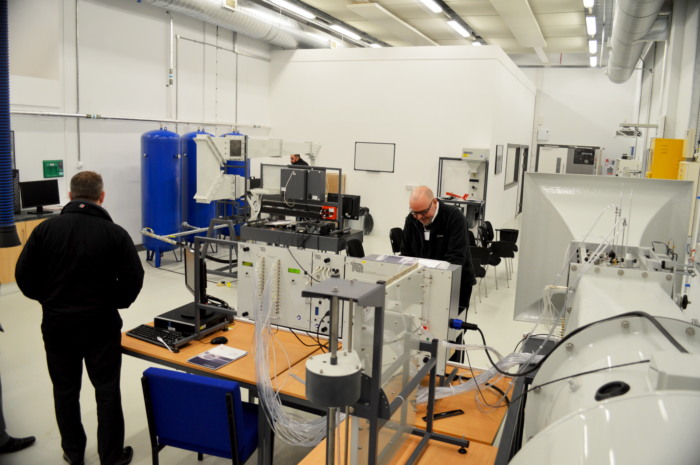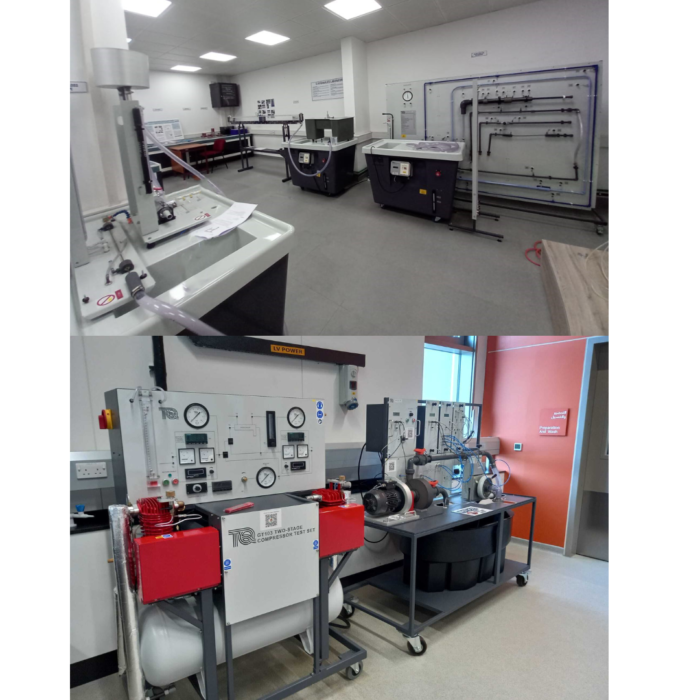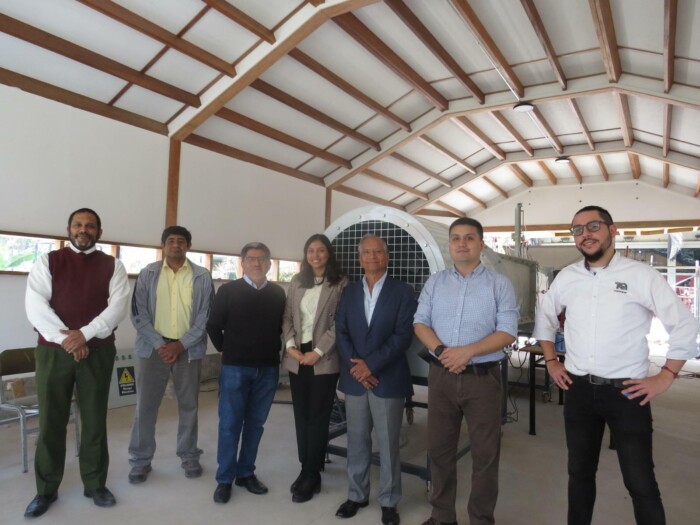Born 240 years ago in Paris, Gay-Lussac is most notably acknowledged for his definition of the ‘ideal gas law’ that looks at the thermal expansion of gasses.
Gay-Lussac studied at École Polytechnique in Paris, and then went on to work with notable scientists such as Claude-Louis Berthollet, Louis-Jacques Thenard and Jean-Baptiste Biot.

The Ideal Gas Law
Also known as the Pressure Law, this defines the relationship between the pressure and temperature of a fixed mass of gas kept at a constant volume.
- If a gases temperature increases, so does the pressure if the mass and volume of the gas are held constant
- The formula for the law is most commonly stated as:
PV=nRT
where:
- P is the pressure of the gas
- V is the volume of the gas
- n is the amount of substance of gas (also known as number of moles)
- R is the ideal, or universal, gas constant, equal to the product of the Boltzmann constant and the Avogadro constant
- T is the absolute temperature of the gas
A computer animated version of the law is illustrated on the NASA website here.
Giving Credit to Charles
A previous scientist, Jacques Charles, provided the foundations for Gay-Lussac Law by defining the law of volumes, explaining that gas expands when heated. It was Gay-Lussac that further confirmed this.
Practical Applications Using Gay-Lussac’s Law
- Demonstrate the relationship between pressure and temperatures of a fixed volume of an ideal gas with the Ideal Gases – Gay-Lussac’s Law Experiment (TD1001).
Further Experiments for Learning the Gas Laws
- Understand Boyle’s Law of Ideal Gasses (TD1000) that shows the relationship between pressure and volume of an ideal gas at a fixed temperature.
- Demonstrate the behaviour and expansion of a perfect gas with the Expansion of a Perfect Gas experiment (TD1004).
Gay-Lussac: Greater than Gas Laws
Joseph-Louis was more than just an academic who played an important role in understanding gases; he worked with Thenard to define a new element ‘boron’, as a consultant for the French government on the gunpowder commission and in the Paris Mint, not to mention his experiments involving determining the strength of alcoholic liquors. Finally, in the later part of his career he was a consultant for the glass-making giant – Saint Gobain.
The scientific work of Joseph-Louis Gay-Lussac in his eulogy was summarised as that of an “ingenious physicists and an outstanding chemist.”














